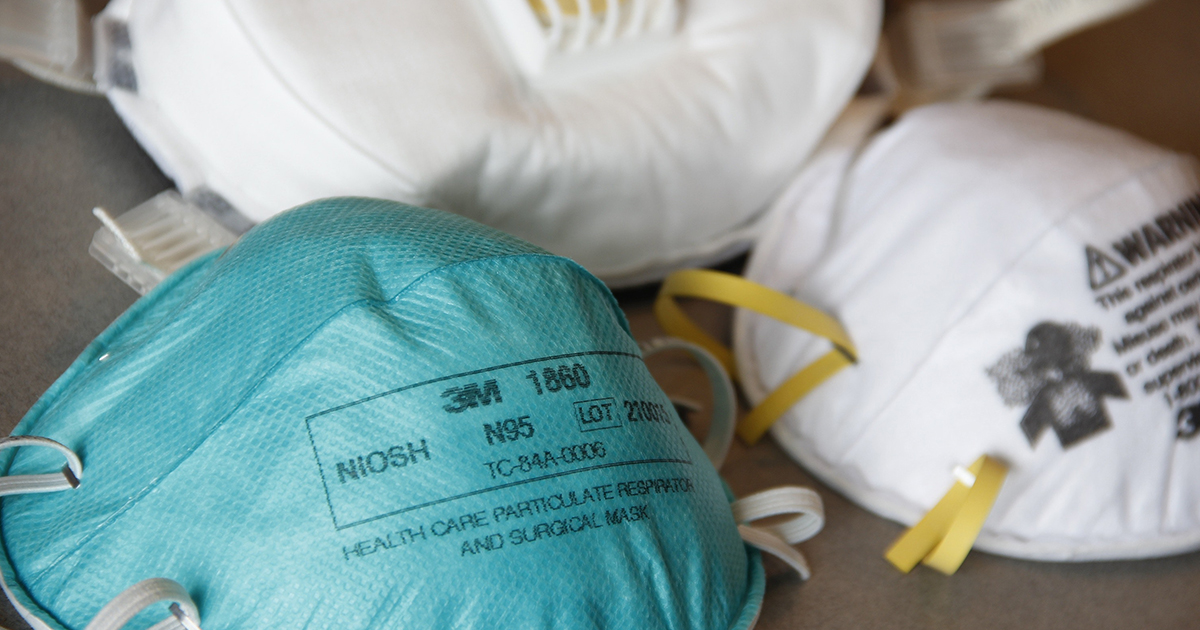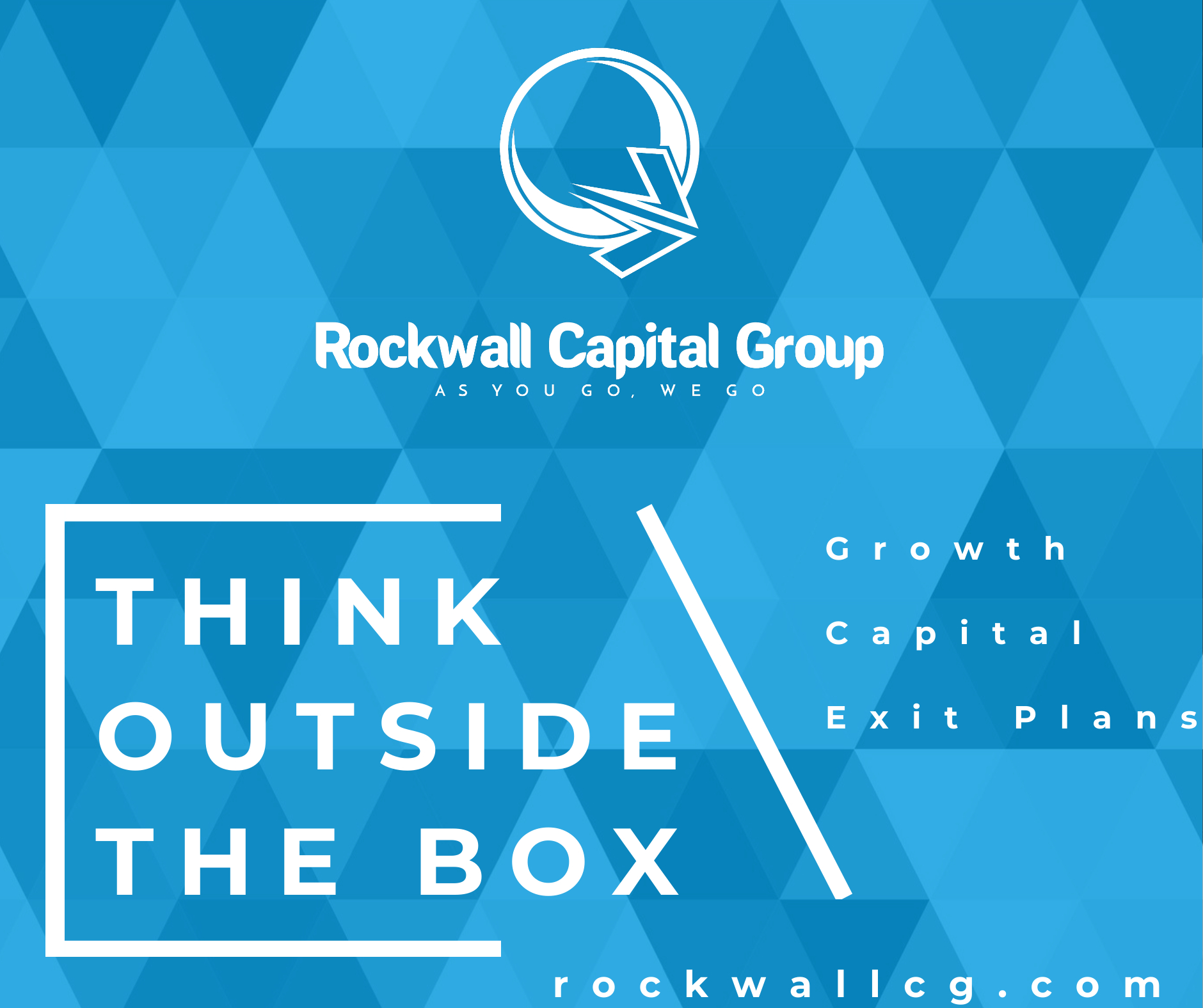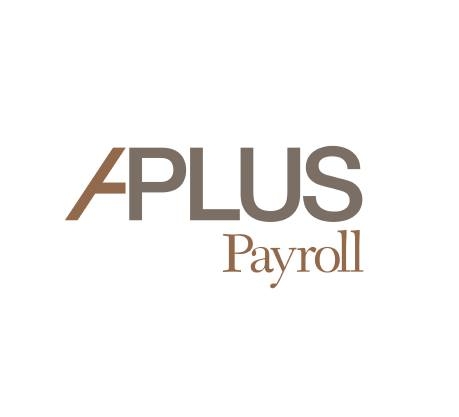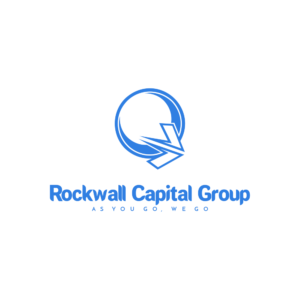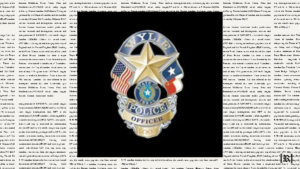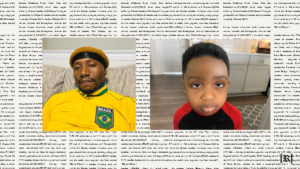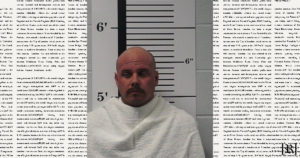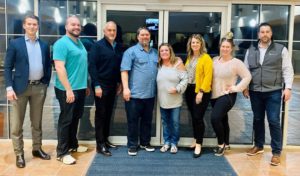ProPublica is a Pulitzer Prize-winning investigative newsroom. Sign up for The Big Story newsletter to receive stories like this one in your inbox.
It was 10 p.m. on a Tuesday, and I was watching footage of secret stockpiles of N95 masks, so-called proof-of-life videos sent to me by strangers, when Tim, the juicer salesman, called.
“My name is Tim, and I heard you’re looking into VPL,” the man said in a squeaky, nervous timbre. “I distanced myself from the company because they weren’t delivering what they said.”
A few hours earlier, I had called the owner of VPL Medical LLC, a company outside Los Angeles that had gotten a $6.4 million contract from the Department of Veterans Affairs to supply 8 million three-ply surgical masks to hospitals dealing with the COVID-19 crisis. My call freaked them out, Tim said, and someone at the company had passed my number along to him.
What was his interest in the story, I asked.
“I went and got myself $8,000 in cash. I was on my way with the money in a briefcase…,” he began.
I had called VPL because records showed the company incorporated just four days before it won the VA deal, and it went on to win another $14.5 million no-bid contract the next day from the federal office in charge of the national stockpile. Its new website featured a photo of the sort of “ear loop” mask the federal government has since branded as ineffective Chinese knockoffs. The moniker stands for Viral Protection Labs, but the labs exist only in the stock art chosen for the website.
Before forming the company to exclusively sell medical supplies, VPL’s owner operated Rock On IT, a company specializing in search engine optimization and digital marketing. Both companies were registered to the same unit in an office park in Rancho Cucamonga, about an hour from LA.
Tim, whose last name is Zelonka, said he had driven halfway to that office park from West Hollywood with his briefcase stuffed with cash when his deal to buy a relatively small amount of masks from VPL fell through. He said he thought perhaps he had asked too many questions of a company representative — about where the masks were sourced, if they were kept in sanitary conditions and about the company’s credentials.
“He said: ‘They’re not in boxes. They’re in Ziploc bags,’” Zelonka said, recounting his conversation with VPL’s representative. “And I said: ‘That’s not what you’re advertising. You’re advertising made in the U.S.A. and in sealed packaging.’”
That’s when Zelonka said the deal was abruptly canceled by the representative, whom I’d later learn was sued by the Federal Trade Commission in 2018 for a robocalling scheme that involved bogus smoking cessation treatments and sexual performance enhancement pills.
VPL’s owner, Bobby Bedi, said his company has delivered on its contracts and is providing good products during an unprecedented crisis. He dismissed fraud allegations against him and an associate as inevitable hiccups in doing business. He also denied that Ziploc bags were used to store his masks, which are much cheaper and less effective than N95s at stopping the spread of the virus.
“VPL does not and has not ever delivered finished goods in repackaged materials,” he said.
Zelonka attempted to do business with VPL in April, as the company brokered its deal with the VA, whose massive hospital system had been overrun by the coronavirus pandemic. In desperate need of supplies, the VA has signed more contracts without competitive bidding than any agency other than the federal government’s central contracting office.
Like so many in the emerging underground mask business, Zelonka had no background in the medical supply chain. He handled U.S. distribution for a Spanish commercial juicer company, whose equipment can hold dozens of whole oranges and allows users to make custom selections and watch the machine pluck, press and pound out juice. He had been furloughed, so he thought maybe he could make money as a PPE broker, connecting buyers to sellers on a black market fueled by desperation and opportunism, a Wild West occupied by oddballs, ganjapreneurs and a shadowy network of investors.
Zelonka’s plan was more novel than the dozens I had heard in recent weeks from other brokers over meandering phone calls, cryptic Twitter messages and dispatches sent through Signal, an encrypted texting app. He hoped to sell masks, gowns and gloves for food service workers at places like Jamba Juice, which were reopening as states lifted stay-at-home orders — a cottage industry within a cottage industry.
He wanted to make a modest profit, Zelonka said, while remaining ethical.
He said he’d been meeting other mask suppliers, working out cash deals, and that he’d be happy to show me his world. He said he might set up another meeting with VPL to get a look at its product.
“If you come out to LA,” Zelonka said, “I can show you.”
I bought a ticket the next day.
“Like Stumbling Into the Drug Business”
My descent into the pandemic PPE trade began with the story of one federal contractor whose failed attempt to find and sell N95 masks in a $34.5 million deal with the VA involved a private jet and the former attorney general of Alabama. The contract was ultimately canceled and referred to the inspector general for investigation.
After the story ran and the federal inquiry began, my social media and email inboxes exploded with messages from people claiming to have giant stockpiles of masks or to know a guy who knows a guy with a stockpile.
Some called me directly, such as a man near Seattle, to ask if I could connect them with the top brass at, say, the Federal Emergency Management Agency. (I told this person that journalists don’t help people with their business dealings, and when I followed up with a series of questions about his alleged stockpile, he cut short the call.)
In reporting on the first VA contractor, I was intrigued and a little tickled that he had been sent a proof-of-life video, cellphone footage that purported to show millions of masks ready to be shipped once the money was wired. It seemed like something out of a spy movie, but the more I talked to people in this world the clearer it became that this was how deals were actually being done.
Bored in my apartment after many weeks of isolation, I began to use the same jargon as insiders when responding to mask entrepreneurs: “Can you show me proof of life?”
On Twitter, a South African sent me a video, apparently shot in China, of boxes of supposed KN95s, the Chinese version of the N95s, which filter out 95% of particles including those that could carry the new coronavirus. A woman held a sheet of paper with his name on it over the boxes to show ownership. Another solicitation included a date-stamped video of a man loading boxes onto a truck.
“Yes my contact has proof of life…I will connect you with my guy,” one contact told me through a Twitter direct message.
The solicitations went on and on.
The backdrop was clear: Overnight, a global scarcity of masks created an unregulated market that grew as the Trump administration left states and hospitals to fend for themselves in bidding wars that drove up prices. Governors including New York’s Andrew Cuomo implored anyone who had stock or could manufacture PPE to reach out. Meanwhile, Trump’s executive branch offered what seemed more like bounties than contracts to spur hundreds of untested companies to go out and find scarce masks and respirators, paying as much as six times the manufacturer’s list price to those with the right connections.
“It’s like stumbling into the drug business,” said one broker, Rick B., who asked that his last name be withheld so he could talk freely about his business. Using public records, I independently confirmed his name and business associations.
“You start out as a guy on the corner holding a little bit of product, and the next thing you know, you’re making calls and connecting people.”
Rick B. said he was a comedy writer in California and was in the process of setting up a marijuana dispensary when COVID-19 scuttled his plans. Through his marijuana business, he had made contacts with some medical suppliers, who suggested that he, like countless other small business owners, pivot his business to focus on PPE.
“The ones that got in early,” he said. “Those guys made just stupid amounts of money.”
He and others described to me a “daisy chain” of middlemen who were getting rich off this pandemic, flipping masks from one private buyer to the next. The transactions resemble a real estate deal: A broker knows a seller of masks; another broker knows a buyer of masks. The two brokers set up the deal and each takes a commission, a percentage off the final unit price. And there’s a lot of room for profit. One model of N95 respirator, made by 3M, lists for about $1.27 per mask, yet FEMA agreed to pay one inexperienced contractor $7 per mask.
“There are scandalous brokers out there. There are people that just make me want to take a Silkwood shower at the end of the day,” Rick B. said, referring to the classic film about radiation exposure. “There are brokers out there who are buying at $3 and marking it up to $6 or $7.”
Deals are usually negotiated through WhatsApp, he said, often only with first names divulged. After they set up the business relationship, the brokers collect commissions on any subsequent deal, like royalties: “On a 300 million 3M mask deal, that deal might be 1 or 2 cents a mask. It’s a big deal,” he said, or a $3 million to $6 million commission just for brokering the deal.
“That’s the kind of money that’s changing hands,” he said. “There’s some billionaires with a B getting involved.”
In a few well publicized cases, the U.S. Justice Department has brought price gouging charges, and 3M has sued distributors who were hiking up PPE costs.
But the potential corruption runs deeper, importers and brokers told me. Businesses or investors with PPE can sell to another private buyer with no scrutiny at prices that might be considered obvious price gouging if they were sold directly to a government agency. One stockpile can change hands several times, with a little profit for brokers and traders at each step.
If an end buyer, such as a hospital, is paying $4.50 or more per mask, Rick B. said, “that usually means it’s a broker chain involved. It’s a broker who knows a broker who knows a broker. ‘I know a guy, and I’m going to be having Jerry give you a call, and put me in for a dime.’ That means 10 cents a mask.”
The harm is measured not just in the higher price hospitals and government agencies eventually pay, but in time wasted as health workers wait for gear that could mean the difference between life and death.
Touchdown in LA
We were somewhere on the edge of Culver City heading for the garment district when the trip’s absurdity began to dawn on me.
I was still stressed from the early morning commercial flight, six hours of sharing air and space with too many people, some of whom took off their masks when flight attendants weren’t near.
Zelonka, full of energy, wore a blue polo shirt, retro amber gradient aviator sunglasses and a yellow cloth mask as he navigated his Infiniti through unusually sparse traffic on I-10. As he put it, he is nearly 50, but he’s an “LA 50,” which he estimated appears 15 years younger than elsewhere.
He had been sharing his various strange conversations with mask suppliers, detailing how they didn’t make sense, or there was no product, or the supplier couldn’t answer basic questions.
“It would be like if you went to buy a gallon of milk and you asked: ‘Is it whole milk or skim milk?’ And they didn’t know the difference.”
Then it occured to me — had he actually purchased any masks?
“I have purchased none because everyone’s full of shit,” he said.
Had he made any money at all yet?
“Nope.”
We arrived at the garment district, an odd detour from our stated mission of looking into brokers and shady deals.
Once there, Scott Wilson, owner of Ustrive Manufacturing, showed how he had transformed his small organic T-shirt factory into a humming PPE production line. The company’s masks were made of cotton and spandex and were being sold as a nonmedical protection for Kaiser Permanente.
Zelonka had seen this company featured on the local news and just showed up the next day to introduce himself. In LA, where masks are legally required, it wouldn’t hurt to know a producer, he said.
As we drove away, Zelonka piqued my interest with a comment about a venture capitalist in Florida who claimed to have connections with 3M and was interested in sinking a billion — with a “B” — or so into the mask trade.
Zelonka played back for me some of a recorded video conference call.
“We’ve got several billion dollars sitting in escrow to procure product right now, and we need it yesterday,” said the man on the phone. “We had no idea what we were doing, to be honest with you.”
Zelonka gave me a misspelled version of the guy’s name and said he was a venture capitalist working for a company called something like “Oasis.”
This potential deal was quite an escalation from $8,000 in a briefcase. I asked Zelonka, Is this investor legitimate? He said that he wasn’t sure, but that he was working to secure a pipeline for masks from a source in Mexico.
“I think he’s looking for a credible source that isn’t 3M that he could use to supply the federal government with masks.”
Zelonka seemed uneasy but intrigued, as if grappling with a moral dilemma: Can one make a profit off a global crisis without becoming a vulture, and where is the line?
“Then I would be what you’re investigating,” Zelonka joked. “A profiteer.”
“There Was No Time for Anybody to Think”
Bedi, the VPL owner I spoke with, has operated numerous California businesses and been subject to multiple tax liens and about a dozen civil lawsuits, including allegations of fraud, lease manipulation and breach of contract.
Last summer, he was sued by a tenant who operated a restaurant in a gas station owned and then sold by Bedi’s company. In court records, the tenant accuses Bedi’s company of providing a forged lease to the gas station purchaser, “whiting out” and altering a date to effectively evict the tenant two years early. When the new owners tried to kick out the restaurant owner, all three parties ended up in an ongoing lawsuit.
“I have been an active part of the business community for many years and thru some 20 years of business experience have had issues we all face as part of being an active business owner,” Bedi said in an email.
When I first talked with Bedi, he said his $6.4 million deal with the VA was going off without a hitch. They were all brought in from China, he said, though he hopes to start manufacturing masks in the U.S. this summer. A spokeswoman for the VA said VPL has delivered all its masks in accordance with the contract.
What he couldn’t tell me was how his brand-new company managed to get such a big deal with the federal government with no competitive bidding, as has become customary in the COVID-19 era. As ProPublica previously reported, the federal government has signed multimillion-dollar deals with many companies that popped up overnight, including one deal to provide masks that was given to a former Trump aide. But VPL was far from the Beltway, seemingly obscure, and this deal appeared to be instrumental in growing the company, which recently issued press releases saying it will open two U.S. PPE manufacturing facilities. In all, the federal government awarded VPL nearly $21 million within its first week of existence, federal data and California business filings show.
VPL has yet to deliver a shipment of masks to the national stockpile overseen by the Department of Health and Human Services. “HHS has taken appropriate steps available under Federal Acquisition Regulations to request the company provide assurance that it will uphold its contractual obligations as we consider our options moving forward,” said Stephanie Bialek, spokeswoman for the Strategic National Stockpile.
Bedi said he couldn’t recall how his company got their contracts. “The important thing is right now there is a global pandemic. There is a shortage of masks, and we are fulfilling it on time,” he said.
“It all happened quickly,” Bedi added. “There was no time for anybody to think.”
Bedi said he would talk with his employees to figure out how his company got the deal, but when I called back at our arranged time, he hung up.
That’s all I knew when I met Zelonka the next day, Friday, in a Walmart parking lot, where he guzzled a Monster Energy drink — “my last nonalcoholic drink of the weekend,” he joked — as he prepared to walk into VPL’s office with a reporter in tow.
Zelonka had previously told me he was working out a time to meet with a VPL representative, Jason Cardiff, to examine the firm’s product, this time for far more effective KN95 masks the company advertised. Bedi confirmed Cardiff works for VPL as a “consultant.”
Cardiff’s business history offers a good read. In 2018, the Federal Trade Commission sued to shut down Cardiff and a company he and his wife operated, describing it as a pyramid scheme that involved robocalling people and making “false and unsubstantiated claims for dissolvable film strips advertised for smoking cessation, weight loss, and male sexual performance.”
A federal court issued an injunction, shutting down the Cardiffs’ business and freezing their assets. But in March of this year, Cardiff was found in contempt of court for, among other things, hiding 1.5 million Canadian dollars in assets.
The FTC alleged that Cardiff was funding a lavish lifestyle through an account he opened in his 90-year-old father’s name. “The Cardiffs are spending nearly $17,000 per month,” court records state. “On Bentley, Porsche, and Range Rover lease payments, private elementary school tuition, restaurants, phone and cable bills, salons and spas, pet grooming, a 5-star hotel in New York City, music lessons, taekwondo lessons, ride shares, movie theaters, and other lavish expenditures.”
At the same time, the couple stopped paying the $12,000 a month mortgage on their home and “strikingly,” the FTC told the court, the secret bank account was not paying rent for Cardiff’s father’s retirement home.
Cardiff didn’t provide comment, but Bedi defended him, suggesting the FTC was the fraud.
“We are pleased to have Mr. Cardiff’s expertise in manufacturing and logistics, and we are aware of the fraud that the Federal Trade Commission has committed on him,” Bedi wrote in an email, noting that Cardiff is working to bring the company’s U.S. production online.
I was hoping to meet Cardiff. But Zelonka’s exchanges with Cardiff had gone cold (Zelonka would later tell me he had told several people close to the company that he was working with a reporter, which might have scared people away). There was no briefcase. No meeting time. No element of surprise.
As someone who’s knocked on countless doors with nothing but a hunch and a prayer, I believe all doomed reporting missions should be seen through to their end. Besides, Zelonka’s pluck was entertaining, and I’d come all this way, so we went, two guys in masks, one zapped on Monster Energy and the other on Starbucks double espresso, roaming an empty office park in Rancho Cucamonga as the world was falling apart.
We found the door. The sign said “Rock On IT.” He knocked. No one answered. We waited in the running car. He called the number he had for Cardiff, and the man who picked up said he was in a meeting and had to hang up.
“Well,” Zelonka said as we drove solemnly back to the Walmart. “You can go home with a suntan.”
With VPL in his rearview, Zelonka became increasingly focused on his potential partnership with the venture capitalist in Florida, with whom he had signed a nondisclosure agreement, standard fare among PPE dealers.
“This is somebody who says they have a billion cash,” he said.
Zelonka said he planned to meet with the investor while on a work trip to Texas.
The Mystery Investor
When I returned to Washington, D.C., I began trying to track down Jason Cardiff. When I called the number Zelonka had given me, the man on the other line said he wasn’t Jason and had no affiliation with VPL. Cardiff also did not respond to questions sent via text and a LinkedIn message.
On Tuesday, Zelonka texted me and said his investor “is looking to spend $1.8 billion on 3M model” at a cost of $6.25 each (they list for about $1.27).
“Anyway,” he continued. “I’m meeting him in Texas on Wednesday, and if the Mexican supplier works out I’m going to visit them the following day.”
I called the firm and investor that Zelonka named but could not confirm any connection between him and the company.
As we prepared to publish this story, I connected with Zelonka, who said he was in Dallas to show clients how to sanitize their high-end juicers. The prospect of being the star in a story about PPE gambling had soured on him. Something in his tone had changed.
He’s not in the PPE racket, he said, and never really was. He’s just focusing on juicers now, he said.
Three times, I asked if he was still going into business with the alleged investor to buy and sell masks.
“I’m not going to comment on anything because I’m not sure how that will go,” he said.
I reminded him of our conversations about billion-dollar investors, the Mexican supplier and his aspirations to break into the business.
“You’re breaking up,” he said. “I can’t hear you.”
The call ended.
Kirsten Berg contributed reporting.
Do you have access to information about federal contracts that should be public? Email David.McSwane@propublica.org. Here’s how to send tips and documents to ProPublica securely.

